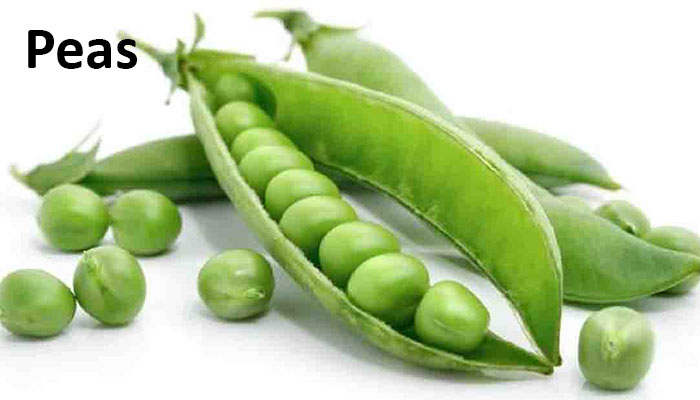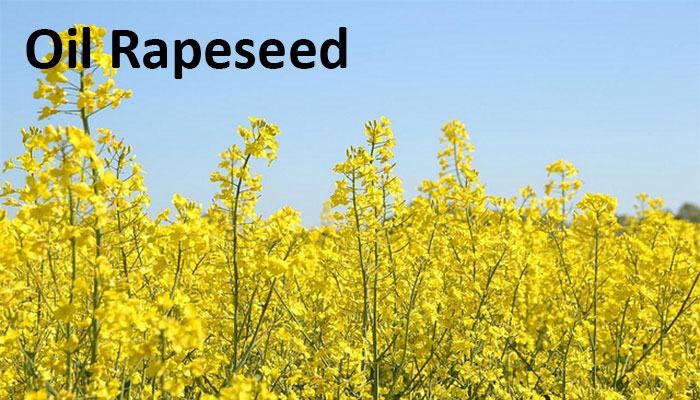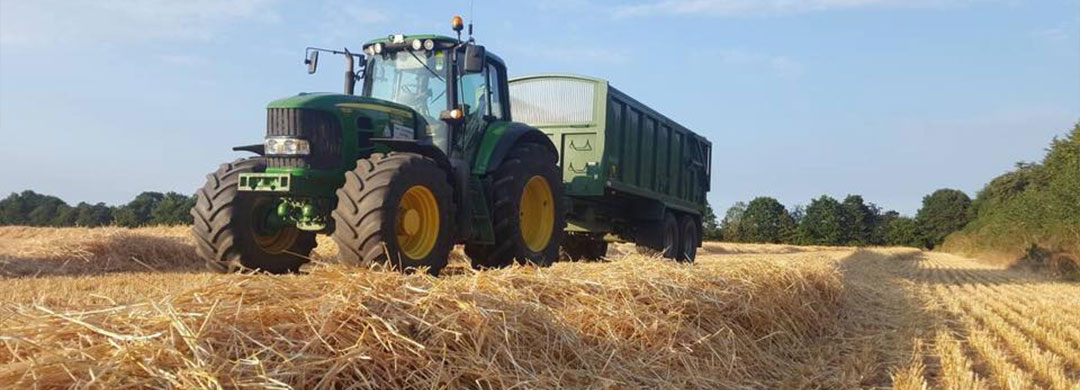Arable Farmers
We are primarily Arable Farmers. We grow crops that are that are instrumental ingredients for leading food manufacturers across the UK.

Our 600 acres of farmland are mainly in Newborough and Glinton.
We grow combineable crops of wheat, barley, peas and oil seed rape. These are sold through a farmer-owned cooperative based in Wimblington, near March.
This helps us to introduce our crops to markets more widely across the country and to maximise the returns that we can achieve.

We also have long standing relationships with major manufacturers. We grow mustard especially for Colman’s and sugar beet for British Sugar.
There is nobody between us as a grower and our manufacturer customers.
This helps to ensure that stringent quality and traceability standards are maintained.
Growing crops has always been challenging work.

But it seems that the economy for arable farmers is becoming more and more testing.
Manufacturers are continually trying to reduce the amount that they pay for their core ingredients.
Which is understandable as they, themselves, are under pressure to deliver lower prices for their customers in an increasingly competitive retail market.
But there is a tremendous amount of work needed to assure that the supply of arable crops is regular and sustained.

Arable farmers need to adapt with the weather and conditions; controlling pests and keeping on top of issues that may threaten the crop.
While always assuring that we maintain our obligations to the environment.
Our costs do not go away; if anything they increase.
But we do what we do because we love what we do … arable farmers provide the raw ingredients that feed the country.

Which is why we are actively supporting the next generation of arable farming; getting involved in both national countryside and farming initiatives and hosting the local Young Farmers group.
But the pressures may be too much for the arable farming sector.
Though the future of arable farming may be changing, it will still be here in the future.
Our job is to try to anticipate what its needs will be so that we are best prepared to continue to be of service.

